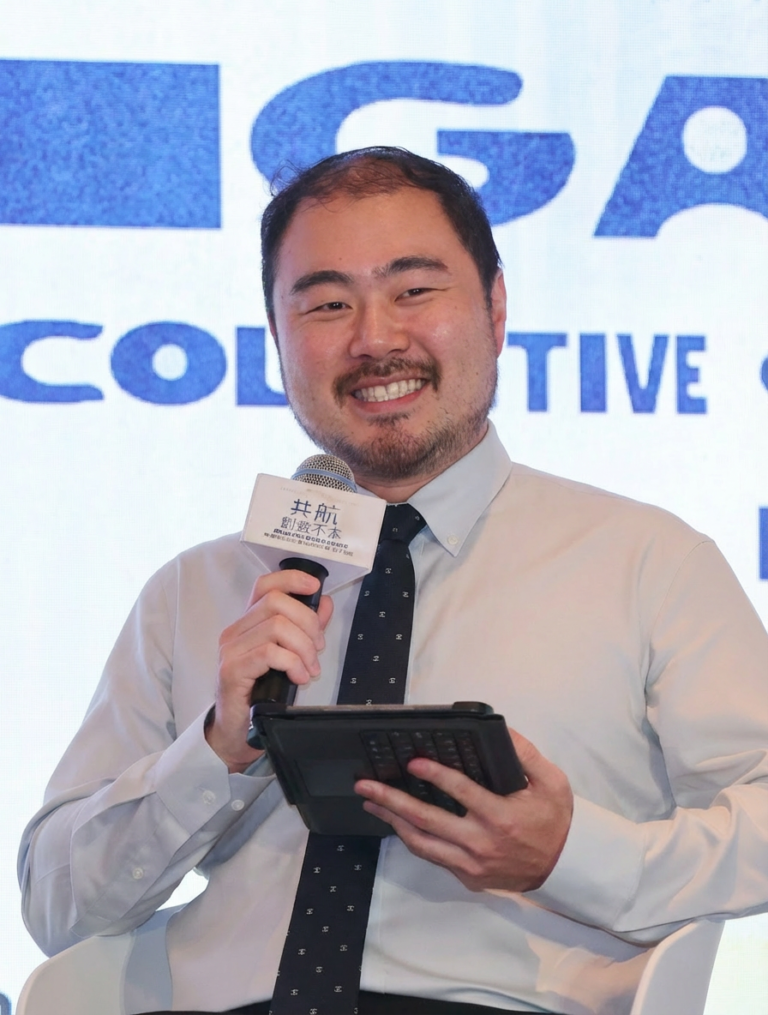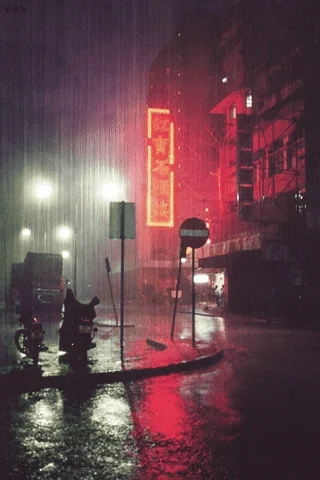Teaching and Learning Initiatives
Welcome to my educational portfolio. Here, I showcase a variety of teaching and learning initiatives designed to push the boundaries of traditional education. Experimentation is at the core of my pedagogical approach. Through these projects, I aim to construct diverse and inclusive learning architectures and experiences centred around research, imagination, and transdisciplinarity.
Current Initiatives
My work is inherently transdisciplinary, pragmatically connecting students with applications of knowledge to real-world concerns. Below are the primary teaching and learning initiatives currently underway or recently completed. If you are interested in collaborating on any of these topics, please feel free to reach out.
- Speculative Futures: A project series designed to explore imaginations and the sense of possibilities regarding societal development.
- Generative AI Hackathon for Social Good: An annual event I coordinate with colleagues across Hong Kong’s eight public universities, bringing students together to leverage artificial intelligence to address social challenges.
- Community Revitalisation Initiatives: Projects focused on local engagement and social impact.
- Teacher Professional Development: Developing and delivering workshops and seminars to empower our teachers to become meta-creators of learning experiences.

Teaching Philosophy
While this page serves as a showcase, I ground the projects listed above in a robust theoretical framework rooted in a transdisciplinary perspective. My teaching and learning initiatives are oriented around the principles of the ecological university (Barnett, 2018) and an ethical commitment to intellectual emancipation for students (Rancière, 1991).
I adopt the philosophy of continually seeking opportunities for students to forge interconnections of knowledge in diverse contexts. It fosters the autonomy to critique boundaries of knowledge and act thoughtfully in contentious situations. Teachers are responsible for creating conditions—safe, diverse, and inclusive spaces for experimentation—that sustain students’ will and meaningful engagement with complexity.
Furthermore, I am inspired by Vygotsky’s (1987) principle of obuchenie and the Humboldtian ideal of unified scholarship, viewing my teaching and learning initiatives and my research as inseparable processes.
I have developed and led numerous professional development programs, introducing new methodologies for pedagogies, educational technologies, and curriculum. I foresee an ongoing transformation of teachers’ roles as facilitators, curators, and meta-creators.
Selected Projects
Press Publications
Hong Kong’s Collaborative Artificial Intelligence Revolution in Higher Education: A Model for Global Innovation. The Chronicle of Higher Education. 20 Nov 2024.
A.I.威脅文字工作者生計? (A.I.: Threatening the livelihood of writers?) 香港商報 Hong Kong Commercial Daily. 10 Nov 2023
Serious Gaming. HKU Bulletin, May 2023, Vol 24 No. 2. p 28 – 29.
New Perspectives, Engaging with the World. The University of Hong Kong Annual Report 2022. p 25
Mundane Moments Matter. Griffith Institute for Educational Research – Insights. 10 June 2022.
The Common Core Turns 10! HKU Bulletin, May 2022, Vol 23 No. 2. p 36 – 37.
Light up the way home. FIRST: Foresight Innovation Research Sharing Training (Arup). 2022 Issue 11. p 46 – 47.
Cross-cultural well-being: Canvasing campus experience through story, art, and film. UQ School of Education Monthly September 2022 Newsletter.
References
Barnett, R. (2018). The ecological university: A feasible utopia. Routledge, Taylor & Francis Group.
Rancière, J. (1991). The ignorant schoolmaster: Five lessons in intellectual emancipation. Stanford University Press.
Vygotsky, L. S. (1987). The collected works of L.S. Vygotsky (R. W. Rieber & A. S. Carton, Trans.). Plenum Press.





